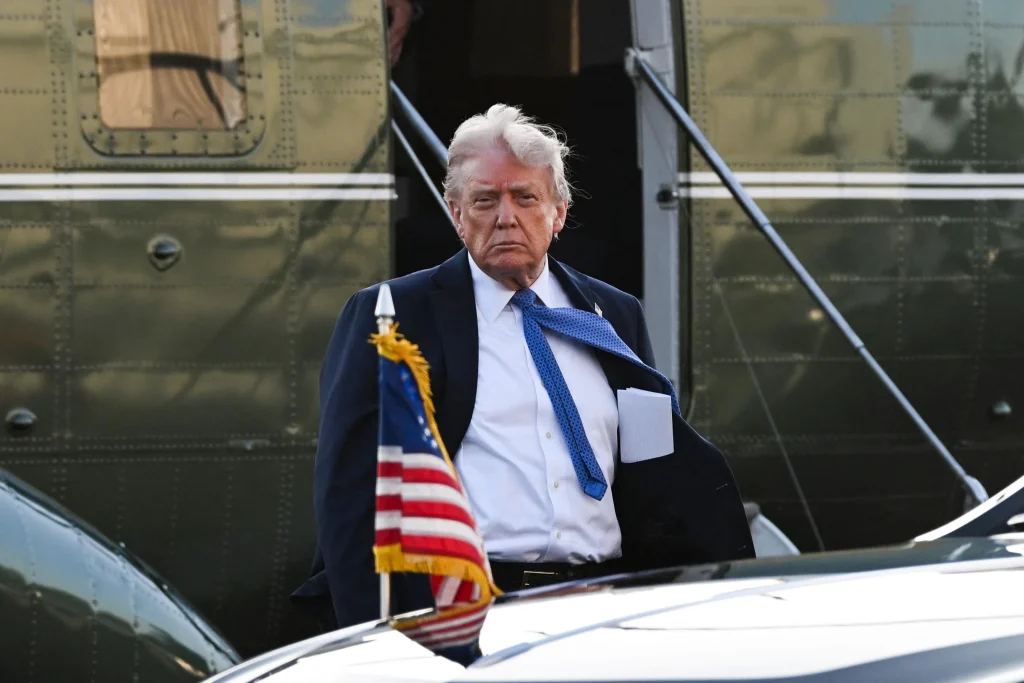FOR close to four decades, the diplomatic and national security agendas of the Republican Party were dominated by a group of policy intellectuals – aka the neoconservatives – who promoted the notion that the US should seek to achieve geostrategic primacy, and to export its democratic and liberal values worldwide.
The so-called “neocons” were at the peak of their power during the administration of President George W Bush, who had embraced their foreign policy ideas, including their plans to establish American military hegemony in the Middle East and to remake the region along liberal-democratic lines.
These policies led to the disastrous and costly wars in Iraq and Afghanistan that harmed US global interests, and created a political backlash at home against new American military interventions abroad. Those sentiments were eventually highlighted by presidential candidate Donald Trump in 2015.
From that perspective, there was no place in the second Trump administration for two ardent neocons – former secretary of state Mike Pompeo and former US ambassador to the United Nations Nikki Haley.
BT in your inbox

Start and end each day with the latest news stories and analyses delivered straight to your inbox.
Instead, Trump has surrounded himself with a group of policy intellectuals – call them “neo-isolationists” – who share his foreign policy instincts of resisting foreign policy interventions and global ideological crusades.
Leading this group of neo-isolationists is Vice-President JD Vance, a veteran of the Iraq War, who has insisted that the military adventures promoted by the neocons ran contrary to US interests and should not be continued.
In addition to rallying against new military interventions, Vance has argued that the time has come for US allies across the Atlantic to translate their economic power into military might, and to defend their strategic interests as opposed to continuing relying on the US to do that for them.
In that context, Vance, like his boss, has insisted that the Europeans should be the ones supporting Ukraine in its war against Russia that is in their strategic backyard.
According to this view, defending Ukraine is not a core US interest, and the Americans should disengage from the war there, improve their relationship with Russia, and focus their economic and military resources on their primary goal – which is to contain its major geostrategic and geoeconomic adversary, China.
Two other prominent neo-isolationists in the administration are Tulsi Gabbard, director of national intelligence, and Elbridge Colby, undersecretary of defence for policy, both of whom have been long-time critics of the Iraq War and forceful opponents of the US support for Ukraine.
Colby and Gabbard have also said in the past that denying Iran the acquisition of nuclear weapons is not a core US interest, and have advocated reaching a diplomatic deal with the Islamic Republic. Colby has refrained from committing the US to come to Taiwan’s aid in a war with China.
Hence, contrary to the conventional wisdom, Trump’s foreign policy is not ad hocish. It is grounded in the foreign policy doctrine of isolationism espoused by his aides.


